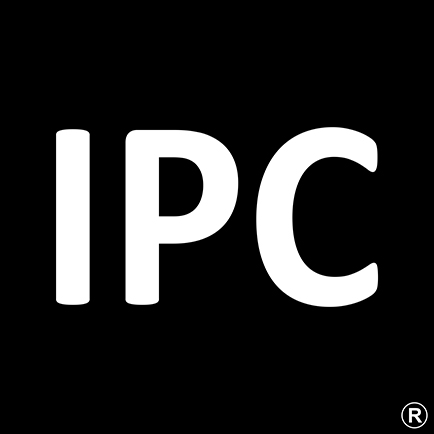PVC or Polyvinyl Chloride is a common-use plastic, that can be found in everyday products ranging from consumer goods to speciality items. While you most likely rely on PVC applications in your construction, manufacturing or medical business, you might not know the full extent of its capabilities. This guide will give you a deeper understanding of the material PVC in question.
Why Is PVC So Popular In So Many Industries?
PVC is used so often because of the versatility of its plastic form, which has a high density. PVC is extremely durable. Major sub-classifications of PVC are the flexible, rigid and semi-rigid categories. Each of which are used in different applications. Besides the versatility and durability of PVC, there are other equally beneficial aspects of using this plastic. It’s resistant to several chemicals and is easily accessible. The compound can be made into either an injection or extrusion type final product. Depending on the type of compound used, it can either be fitted or moulded into whatever shape or dimension you require.
PVC has a significant resistance to water, which allows it to be moulded into liquid packaging, bottles and cartons. The material is also non-corrosive, which increases its functionality and longevity. It also isn’t abrasive in comparison to other commonly used materials like metal or wood. Most PVC products can last up to 100 years.
Possible Pitfalls Of PVC
PVC does have a few setbacks. PVC is naturally not heat resistant, however, one can add additives to make it flame retardant when required. As with any other manufacturing material, proper security precautions can be adhered to when processing and storing it. This highly tested plastic is popular for use in manufacturing, because of how safe it is to incorporate into processing. In addition, it is important to note that IPC promises to not use Thalate plasticisers – which is the main health concern in PVC. As well as not using short-chain chlorinated paraffin. Both of these are restricted by REACH and thus there are no health concerns regarding the PVC compounds that IPC manufacture. By being REACH compliant, it ensures that these health concerns have been considered.
Your PVC supplier should be able to understand your PVC compound needs and match it to what you require, whether you need transparent compounds or specific coloured ones. They’ll also be able to help you select one that will allow you to shape it with minimal effort, so the final result is perfect.
Hopefully, this guide to PVC has been helpful and you choose to use PVC in the future! IPC can meet your needs and provide solutions that fit into your manufacturing seamlessly. Contact us today to discuss your PVC compound needs.
Related Tags:
Plastic Manufacturers
Plastic Raw Material Suppliers


